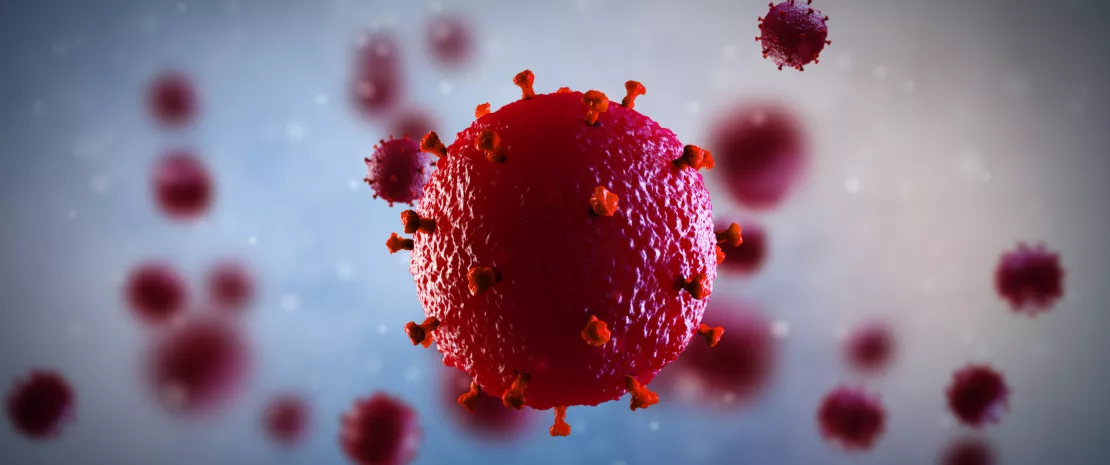HIV-1: persistent post-infection bacterial and viral gut dysbiosis
People recently infected with HIV-1 develop changes in their viral and bacterial gut populations. This pronounced dysbiosis, unresolved by antiretroviral therapy, persists during the chronic phase of the disease.
Lay public section
Find here your dedicated section
Sources
This article is based on scientific information

About this article
Lymphoid and epithelial tissues of the digestive tube are damaged following primary HIV-1 infection (human immunodeficiency virus-1). These alterations lead to chronic systemic and local inflammation, among others, as well as immune dysregulation, which are early development factors for age-related disorders (type 2 diabetes, cardiovascular diseases, fragility syndrome...). To study the impact of contamination over time, a Spanish team monitored for 9 to 18 months, using the (sidenote: Shotgun sequencing method is more accurate than 16S rARN. ) , the intestinal bacterial and viral composition of 49 subjects from Mozambique recently infected with HIV-1, as well as 54 control subjects. Results were then compared to that of 98 patients in chronic phase receiving an antiretroviral treatment (27) or not (71).
Increased adenovirus fecal excretion and ...
A fast increase in adenovirus fecal excretion was observed in patients recently infected. This situation persists during the chronic phase and is not resolved in patients under antiretroviral treatment. These viruses are rarely excreted in control subjects. Moreover, increased cytomegalovirus and enterovirus fecal excretion was observed in untreated chronic patients, suggesting that it is attributable to a prolonged immune deregulation.
... and decreased levels of anti-inflammatory bacteria
Gut bacterial composition also undergoes changes over time. Although the temporary decrease in abundance and diversity observed following the infection is not specific to VIH-1 contamination, a characteristic pattern has been observed in the chronic phase: drop in Akkermansia, Anaerovibrio, Bifidobacterium and Clostridium levels. This dysbiosis is, according to the scientific literature, associated to chronic inflammation, anergy of CD4+ T-cells and metabolic disorders, which are likely to worsen the patient’s condition. The researchers recommend that longitudinal studies be carried out on the effect of antiretroviral therapy to prevent or correct alterations of the gut microbiota, which are detrimental to people living with HIV-1.






